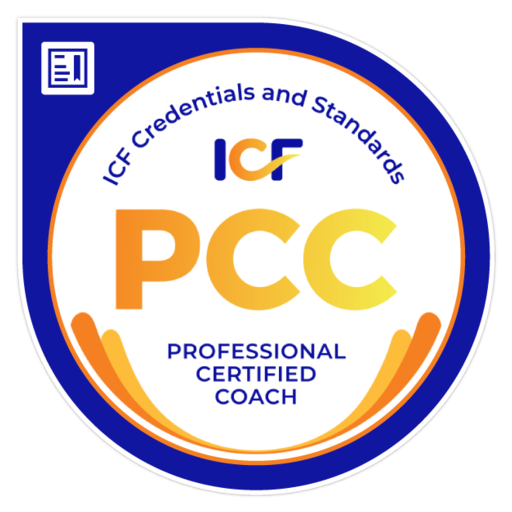“The most valuable thing you can make is a mistake. You can’t learn anything from being perfect.”
Adam Osborn
A few months ago I decided to embark on a new health and wellness plan. I decided to stop drinking coffee and eating nightshade vegetables. I ate very little dairy, took supplements faithfully, drank plenty of water, and went to bed at a decent time. I was riding my bike and taking long walks. My plan was going well, and I was very proud of myself.
And then I went on vacation to Germany with my 6-year-old son and everything got derailed. I was triggered, lost control, and all plans and intentions went out the window. Within a few days, I was eating gluten again and was jump-starting my system with coffee. My intention of going to bed even earlier failed miserably. I was in shock as I observed my behavior. What was happening? Why wasn’t I able to keep up with my wellness program? Why did I sabotage myself? I had no answers as I was too busy pushing the judgments away. I kept pleading with myself to stop, but it was hard. I also kept telling myself that I would get back on track the minute I got home.
Maybe this sounds a bit dramatic, or maybe you even relate to this scenario completely. I’m sure many of you set a goal you were dead serious about accomplishing, but you gave up, lost steam, or decided to be done somewhere along the way before you even began because of some external event.
Let’s rewind and break down what we can learn from my recent experience in order to avoid pitfalls that prevent us from achieving success.
Your goal lacks meaning and/or connection to yourself
We’ve all heard about a child who became a doctor in order to follow in the footsteps of a parent when it really wasn’t something they wanted to do. Goals like these are often expected of certain people who accept them with resentment. My father wanted me to take over the family business, a mid-size company with over 100 employees, that was managed by the third generation at the time. For many years he tried to convince me but I resisted, knowing that it did not connect with who I am, and would not bring me joy. I was wise enough to say no.
When I was in Germany with my son, I decided that it would be a good time to step up my self-care program. It seemed logical. He would go to bed early and I could follow soon after. I was convinced that his schedule would help me adjust my own. But I neglected to pay attention to my heart and my emotions. Deep down I wasn’t willing to give up the only “free” time I had during the day in exchange for sleep.
This was not in line with my goal and true intention, to have quality downtime with myself and the people I love.
Your goal is unrealistic
The second mistake I made was not realizing that my goal was totally unrealistic. I don’t know what I was thinking. Even the goal of maintaining my self-care routine was largely unrealistic. My first challenge occurred at Berlin’s main train station when I found myself with nowhere to sit and nothing healthy to eat. A large fire completely messed up the trains and our trip was delayed from what should have been a three-hour ride to a six-hour escapade. Hungry and tired, we were finally able to rest at a bakery. I was starving and so was David. Our vacation had only just started and I was already off my gluten-free diet. Feeling discouraged, disappointed, and full of self-judgment, I woke up the next morning and decided to abandon this part of my goal.
Of course, it was clear to everyone but me that my goal was very unrealistic and that I had not planned for any unforeseen challenges. The train delay threw me off physically and emotionally and I naturally looked for comfort food. What made it even harder was the fact that I had set myself up for failure by playing an “all or nothing” game. There was no room to mess up: once I did, I became discouraged and threw in the towel.
Make sure your goal is at least 50% realistic. Plan for unforeseen circumstances and extend grace and kindness to yourself when you make mistakes.
Your action plan lacks strategy
Sh*t happens, and it happens all the time. Every day we are challenged by unforeseen events. We are actually responsible for some of those events, though not for all. Whenever you embark on a journey you need a plan that specifies what to do when you mess up. You can call it your ‘evacuation plan.’ This is crucial to your success. In my case, I might have anticipated the challenges and told myself that it was okay to be more flexible with my diet, and have a process that allowed me to return to the original plan. Knowing myself, it would have been good to forgive myself and be free of my own judgment.
I could have encouraged myself to keep going.
I could have also reminded myself that humans – myself included – have addictive personalities by nature. Our reptilian brain, responsible for survival, is still programmed to react in survival mode. We’re conditioned to hold on to things twice as much as we are to let go of them, even those things which are not beneficial to us. This is called loss aversion, and it explains why it is so hard for people to let go of negative patterns.
What can we learn from this and how do we move forward?
We can begin by being kind and generous with ourselves. Remember that accomplishments, including goal-setting, are a process, not an event. Even if you are a pro at it, allowing yourself to fail will make it easier for you to succeed. I am definitely better at setting certain goals I know I will accomplish. I am still learning how to be better in other areas. I learned so much this time around and I know it will strengthen my process so I can be more successful in creating what I want for myself in the future.
I hope it does the same for you.







